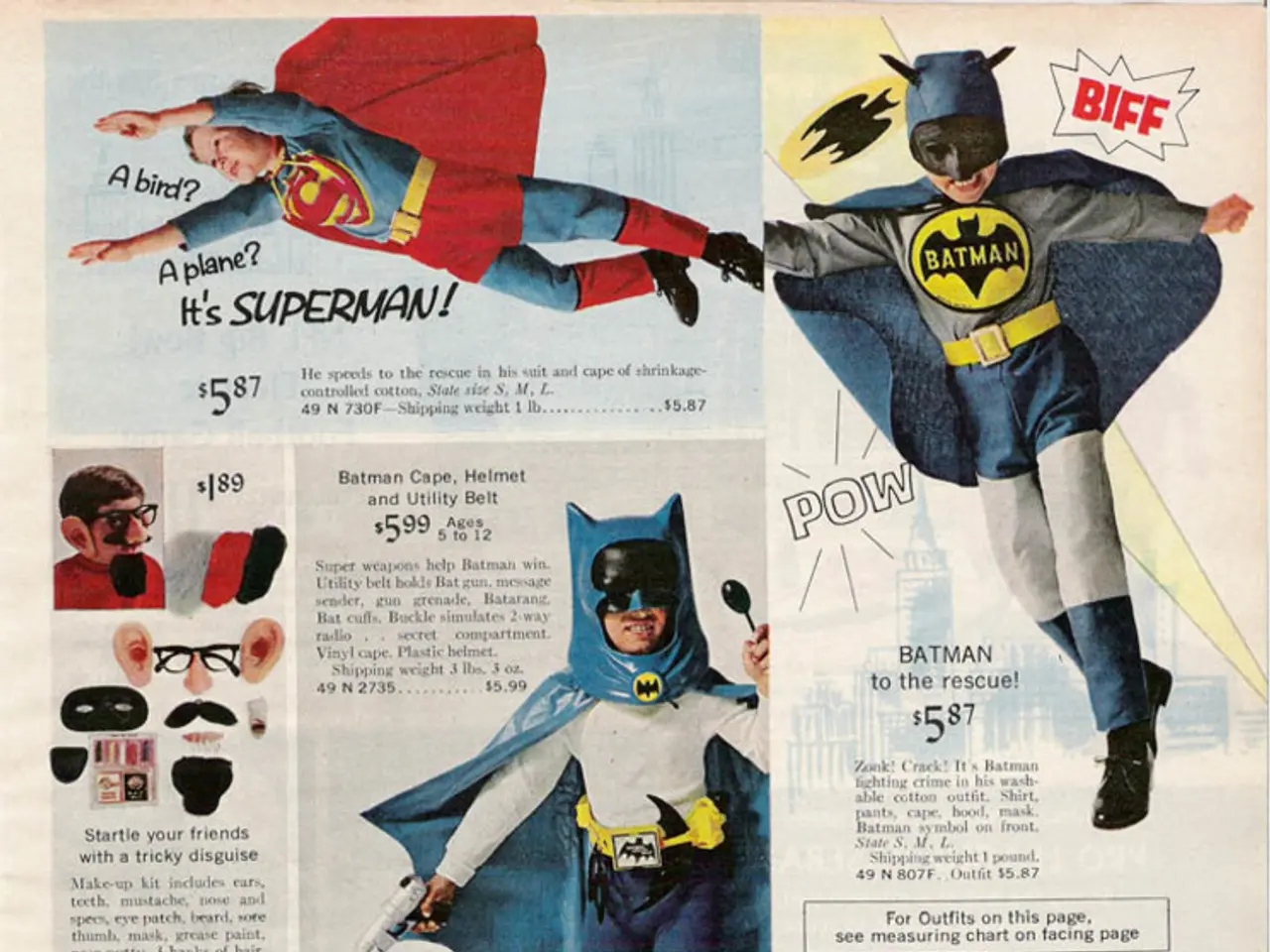Dress code at the Opera House: Casual or careless appearance? - Opera House Dress Code or Casual Attire Debate?
Opera houses around the world, such as La Scala in Milan, the Bavarian State Opera, and the Bayreuth Festival, are known for their prestigious events and rich history. However, their dress codes have evolved over time to reflect changing cultural norms and prioritize comfort without losing the sense of occasion.
Suzanne Harf, protocol chief of the Salzburg festival, believes that attendees, who often spend a significant amount on their tickets, should exchange their leisure wear for something more appropriate to honour the occasion's beauty. This sentiment is shared by Carl Tillessen, managing director of the German Fashion Institute, who emphasizes the importance of finding the right balance between elegance and comfort for a contemporary opera visit.
In the past, strict formal dress codes were the norm, with black tie (tuxedos for men, evening gowns for women) being required. Today, major opera houses have become more relaxed, with formal attire no longer strictly enforced but still welcomed, particularly for evening performances. Attendees often wear elegant but not necessarily formal outfits; styles can range from tailored dresses and silk blouses to smart casual wear such as blazers without ties or neat shirts and polos.
Harf recalls an instance where tourists in shorts, hiking sandals, and backpacks attended a piano evening at the festival, expressing disappointment when tourists wear colorful leisure wear instead of something more appropriate. Similarly, the Teatro alla Scala in Milan has recently tightened its dress code, banning shorts, flip-flops, and tank tops, asking the audience to dress respectfully.
The Bayreuth Festival enforces a strict dress code: men wear tuxedos, and women wear long evening gowns. However, the festive character of the events determines the guests' attire, and the website of the Bayreuth Festival states that there are no rules regarding clothing. At the Bavarian State Opera, while no official dress code exists, the motto is "Guest is part of the ambiance," welcoming extraordinary outfits as well as casual attire.
At the Salzburg festival, visitors are not approached about inappropriate clothing, but Harf encourages them to enjoy the concert and opera while dressing appropriately. At the Bayreuth Festival, while formal wear can still be seen, modern audiences often opt for a polished but less strict dress style. As the premier ends, the atmosphere at the Bayreuth Festival becomes more relaxed, but few attend in casual attire.
In summary, major opera houses maintain a tradition of elegant dress but have evolved towards flexibility and inclusivity, balancing respect for the art form with contemporary social norms. Formal attire remains appropriate and appreciated, but not an absolute requirement in many cases today. Instinct can prevent the worst mistakes in dressing appropriately for an opera visit, as Tillessen suggests.
- Suzanne Harf, of the Salzburg Festival, and Carl Tillessen, from the German Fashion Institute, both agree that while opera-goers should dress with a sense of occasion, they should also find a balance between elegance and comfort for a contemporary visit.
- As social media has become a significant part of our lives, some opera enthusiasts share their fashion choices online, blending trends in lifestyle, fashion-and-beauty, and entertainment with their love for operas, demonstrating that the dress codes at opera houses continue to evolve with changing times.




